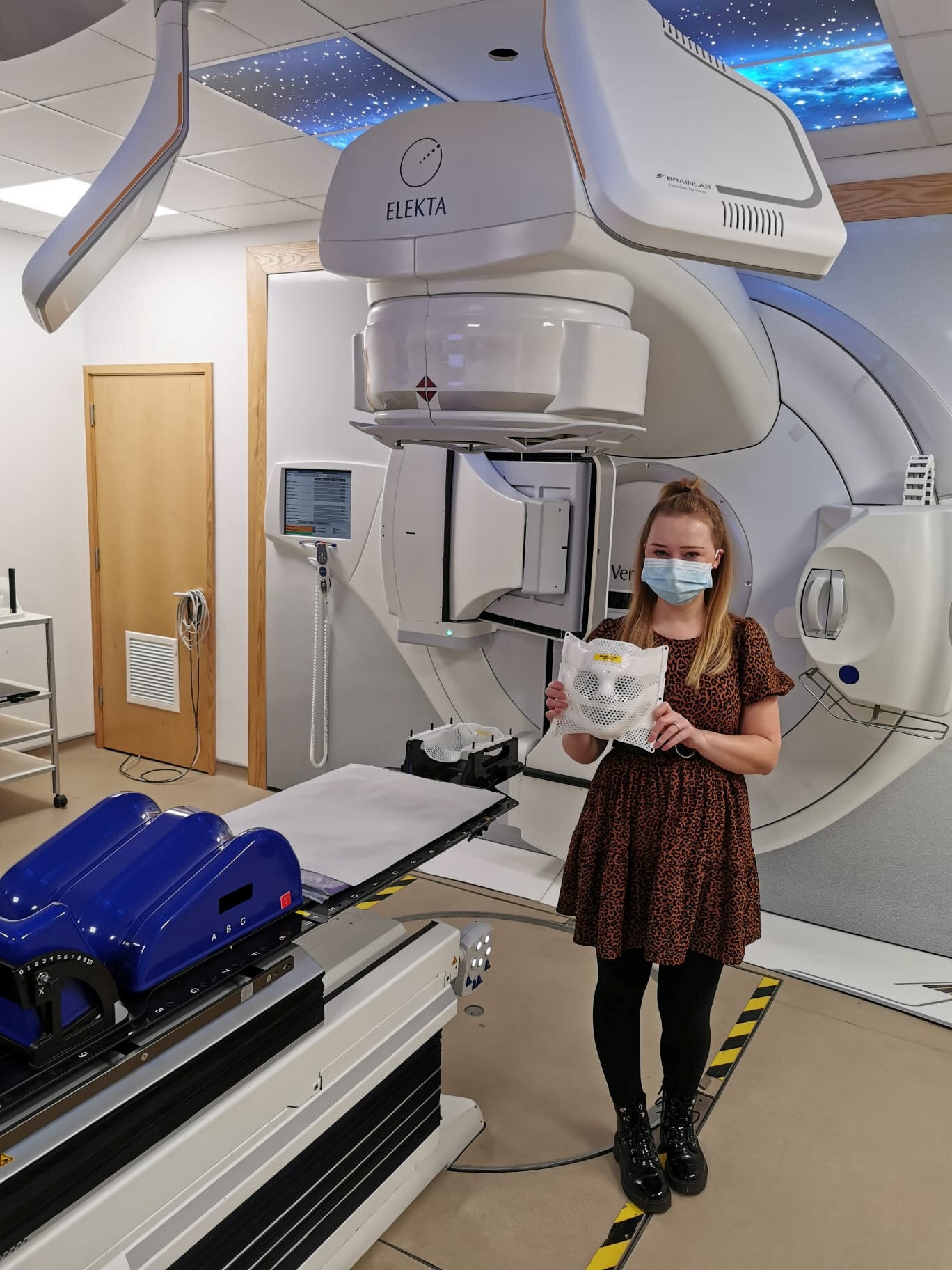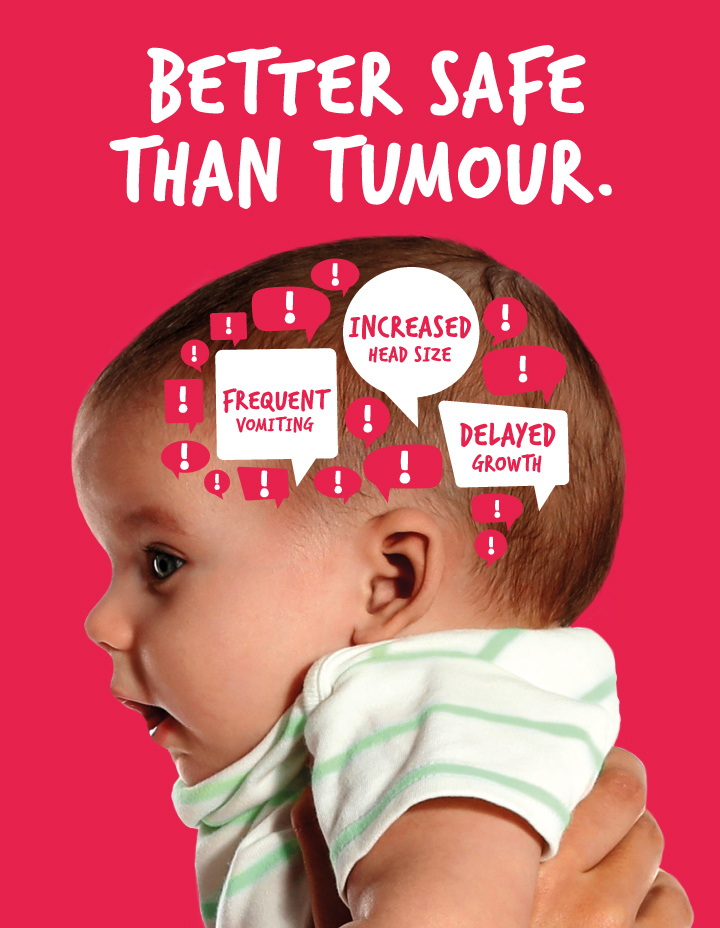Can a simple eye exam really be a window to your overall health, potentially uncovering serious conditions like diabetes, multiple sclerosis, or even a brain tumor? The answer, surprisingly, is a resounding yes, as routine eye tests can serve as an early warning system for a range of systemic diseases, offering a crucial opportunity for timely intervention and potentially life-saving treatment.
The link between eye health and overall well-being is often underestimated. While a standard eye examination typically focuses on assessing vision and detecting common issues like nearsightedness, farsightedness, or astigmatism, the reality is that the eyes are far more complex than meets the eye. They offer a unique vantage point from which to observe the intricate network of blood vessels, nerves, and tissues that reflect the health of the entire body. This means that subtle changes within the eye can often signal the presence of underlying conditions, sometimes even before any other symptoms manifest.
Consider the case of Caroline Wrixon, a 40-year-old project manager who, during a routine eye test, received a diagnosis that would ultimately save her life. The examination revealed a brain tumor, leading to immediate medical intervention. Her story, like that of many others, underscores the critical role that opticians and optometrists play in early disease detection. They are, in essence, on the front lines, equipped with the skills and technology to identify subtle indicators of serious health problems.
Harry's experience further emphasizes this point. His eye test also led to the diagnosis of a brain tumor, prompting him to raise awareness for National Eye Health Week. His story serves as a powerful reminder that seemingly minor symptoms, like changes in vision or headaches, should not be dismissed, particularly if they persist or worsen.
Opticians, equipped with sophisticated instruments and expertise, can detect a wide array of health issues by observing the intricate structures within the eye. The retina, for example, is a direct extension of the brain, and the blood vessels within it provide a clear view of a person's overall vascular health. Any abnormalities in these vessels can indicate underlying conditions, such as diabetes or hypertension. Similarly, the optic nerve, which transmits visual information to the brain, can reveal signs of pressure or swelling that may be indicative of a brain tumor.
Furthermore, the eye can offer clues about neurological disorders. Changes in eye movement, pupil size, or the way the eyes react to light can be suggestive of conditions like multiple sclerosis or even certain types of dementia. The precision with which opticians can perform these assessments has improved dramatically in recent years. Advanced imaging techniques, such as optical coherence tomography (OCT), enable them to visualize the layers of the retina in unprecedented detail, identifying even the subtlest changes.
The significance of this early detection cannot be overstated. For conditions like diabetes, early diagnosis allows for prompt lifestyle modifications, medication, and regular monitoring to prevent or delay the progression of the disease and its complications. In the case of multiple sclerosis, early intervention with disease-modifying therapies can significantly impact the long-term prognosis. When a brain tumor is detected early, it increases the chances of successful treatment through surgery, radiation therapy, or chemotherapy.
The potential of eye tests in detecting serious conditions is expanding. Researchers are exploring how eye exams can be used to identify other conditions, such as cardiovascular disease and even certain types of cancer. As technology continues to evolve, the ability of eye care professionals to serve as essential partners in overall healthcare is expected to grow.
For many, an eye test is a regular part of maintaining their health. It’s a quick, non-invasive check-up that is often covered by insurance. In a world of complex medical procedures, the simplicity of an eye exam is a welcome advantage. However, while eye exams are a crucial first step, it’s also vital to understand that they are not a replacement for comprehensive medical evaluations. If an eye test reveals any suspicious findings, the patient will likely be referred to a specialist for further investigation.
The role of opticians in public health is evolving. With growing awareness of the connection between eye health and overall well-being, the demand for opticians is increasing. Training and awareness are important, as is access to proper resources, especially for those in underserved communities.
In conclusion, the potential to detect serious health conditions, including brain tumors, makes routine eye examinations an invaluable tool in the healthcare landscape. It is therefore important for individuals of all ages to schedule regular eye exams, not only to ensure optimal vision but also to safeguard their overall health.
| Category | Details |
|---|---|
| Medical Condition | Brain Tumors, Diabetes, Multiple Sclerosis |
| Detection Method | Routine Eye Exams, Optical Coherence Tomography (OCT) |
| Symptoms Detected | Changes in Vision, Headaches, Abnormalities in Blood Vessels, Changes in Eye Movement, Pupil Size |
| Importance of Early Detection | Allows for prompt intervention, Improves treatment outcomes, Prevents or delays disease progression |
| Role of Opticians/Optometrists | Identify warning signs, Identify vascular health, Examine the optic nerve, Make referrals for additional tests |
| Examples | Caroline Wrixon, Harry (Patient Diagnosed with a Brain Tumor) |
| Reference | Example Website for Health Information |



